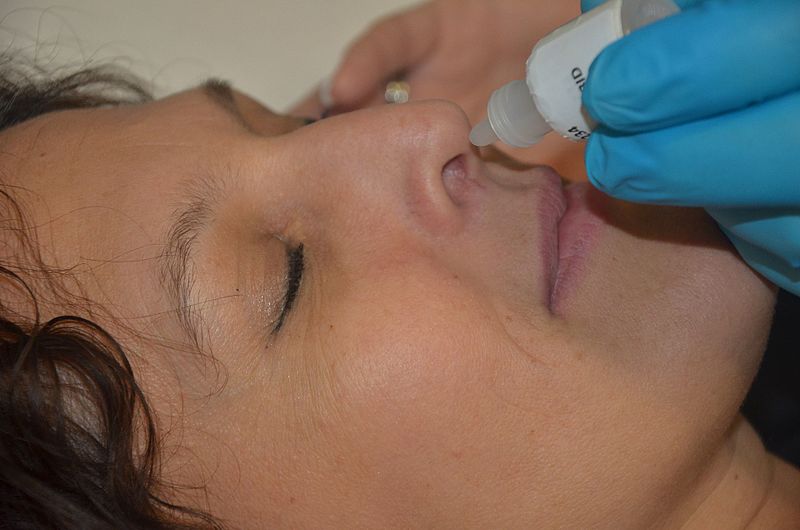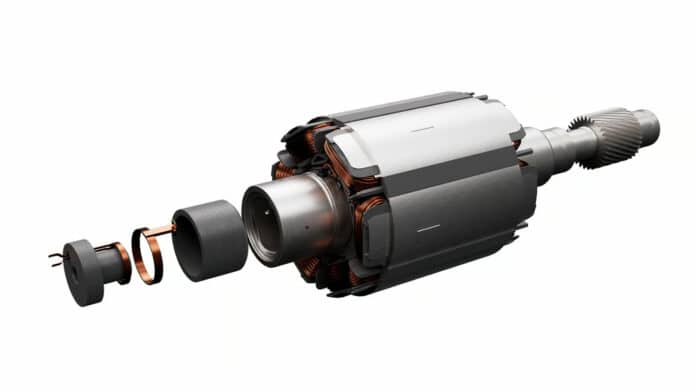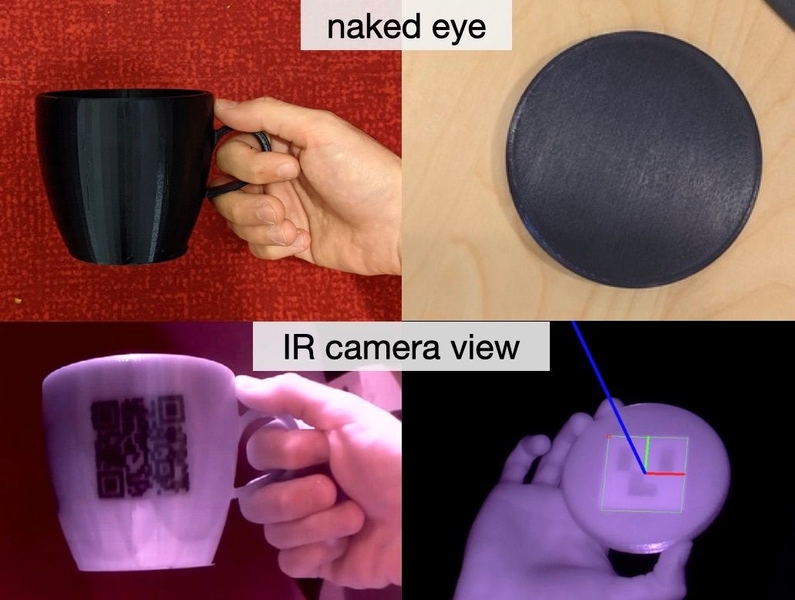Time is a critical factor in the treatment of stroke. When someone experiences a stroke…a disruption of blood flow to the brain, immediate medical attention is crucial. The longer it takes to receive treatment, the greater the potential for brain damage and long-term disability.
However, that situation may change in the future!
Newly developed nasal drops have the potential to revolutionize stroke treatment, potentially enhancing the chances of recovery even when immediate medical attention is not received.
These nasal drops are a collaborative effort involving scientists from Sweden’s University of Gothenburg, Germany’s University of Cologne, and the Czech Academy of Sciences.
This medication incorporates a naturally occurring peptide called C3a
Peptides are strings of amino acids, which are the “building blocks” of proteins, produced in the central nervous system. Previous research has indicated that this peptide has the potential to aid in the restoration of motor function in individuals who have experienced a stroke.
In a study conducted on mice, nasal drops administered seven days after a stroke led to faster and more extensive recovery of motor function compared to an untreated group.
MRI scans revealed the increased formation of new connections between nerve cells, and the nasal drops appeared to enhance the function of astrocytes, which regulate certain nerve cell functions.
The positive effects of the drops persisted even after the treatment was discontinued.
However, according to the researchers, administering the drops too soon after a stroke may have a negative impact by increasing inflammatory cells in the brain.







